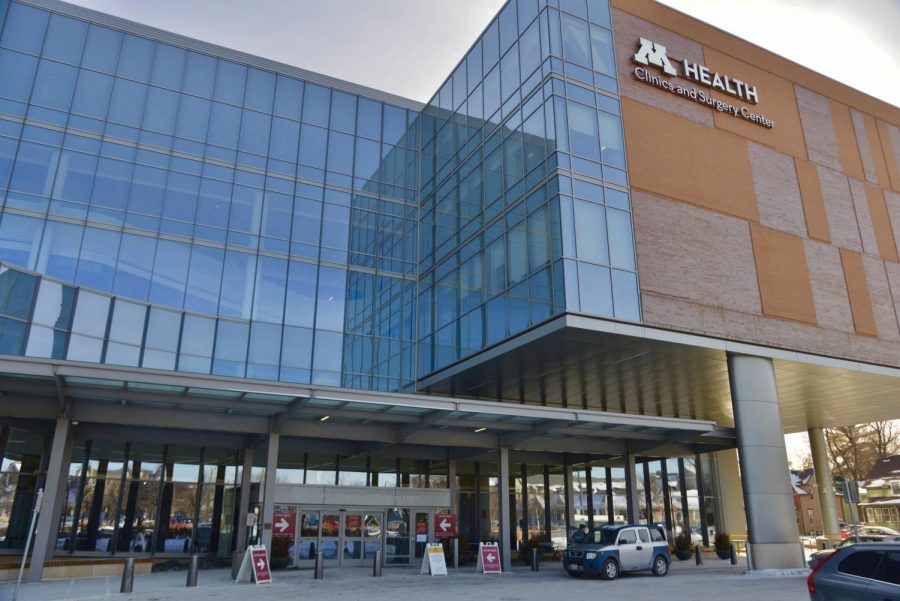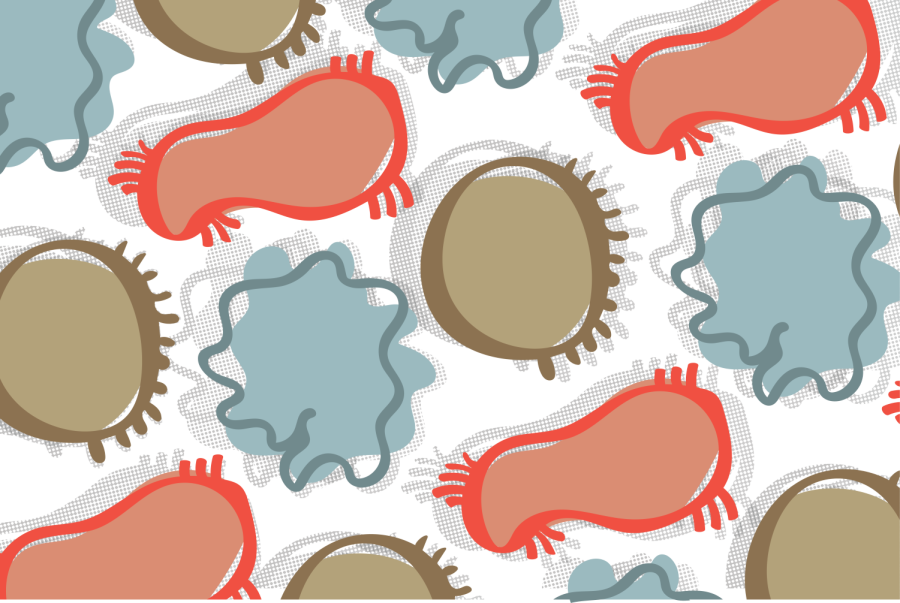The Developmental Therapeutics Clinic (DTC) officially opened Feb. 3 in M Health Fairview’s Clinic and Surgery Center after years of planning.
Associate professor of medicine Dr. Manish Patel and professor of medicine Dr. Charles Ryan designed the clinic as a more streamlined way to house phase one clinical cancer trials. Anywhere from six to ten trials can occur simultaneously at the clinic. During this stage in cancer trials, treatments are tested for safety, dosage and efficacy in different forms of cancer.
Typically, when a new drug is being tested in humans for the first time, the trial will include individuals with many different kinds of cancer who do not have standard treatment options left, associate medical professor Dr. Naomi Fujioka said.
The idea is to have a patient come into the clinic, be evaluated, talk to one of the four doctors about their condition, and then be offered a “menu” of novel therapies DTC is testing that the patient can join, Ryan said.
“Only about three to five percent of patients with cancer ever enroll in a clinical trial,” he said. “If we are able to increase the number of cancer patients who enroll in clinical trials, even to 15 or 20%, we will further accelerate the development of new therapies for treatment because we will get answers faster.”
Most of the treatments being tested will come from either University research or the pharmaceutical industry and focus on solid tumor treatments, Fujioka said. Solid tumors are abnormal masses of tissue that do not contain cysts or liquid areas, according to the National Cancer Institute.
The clinic focuses primarily on drug-based treatments, including cellular and immune therapies, that can be tested on a variety of cancers. Cancer treatment trials that focus on one type of cancer are left to a specialized department to carry the trial out. DTC trials are focused on more complicated and rigorous studies with multiple tumor types, Patel said.
The clinic’s main technological advancement is the ability to grow cells needed to treat cancer in a lab setting for use in these trials, Patel said. For past cell therapy studies, medical professionals had to collect blood from either the patient or a family member before growing cells in a lab and giving them back to the patient.
“That’s a very lengthy, time-consuming process and so the studies that we’re doing now are using natural killer cells that have been grown from a stem cell source,” Patel said.
Natural killer cells are a type of immune cell that can kill cancer cells or cells infected with a virus, according to the National Cancer Institute. With this method they are also able to modify cells to have an advantage in fighting cancer cells.
After approval, treatments will continue to be developed elsewhere and will be tailored to target individual cancer types, Fujioka said. In recent years, drugs have also been developed to target specific genetic traits and other characteristics of cancer.
“The vision that we have is that this is going to be a resource for cancer patients all throughout the region to really be able to participate in cutting edge treatments for their cancer, ” Patel said.
While it is not the first clinic of its kind, the DTC is a unique program to the Twin Cities, Fujioka and Ryan said.
Looking to the future, the team is working to make clinical trials available for patients at all M Health Fairview sites in the Twin Cities and greater Minnesota, Ryan said.



















